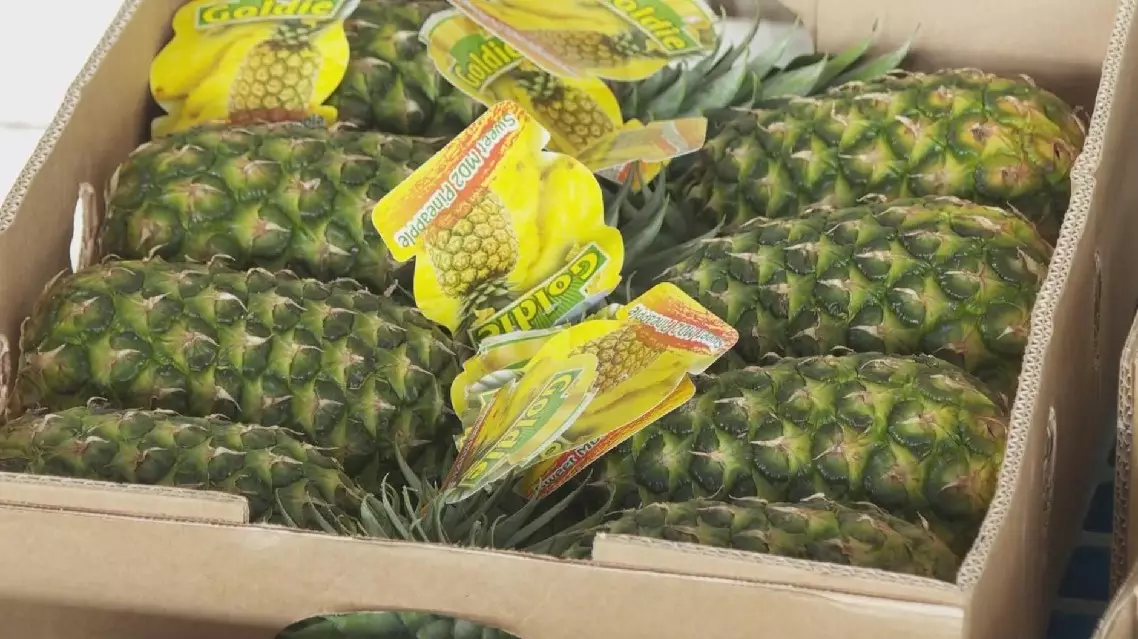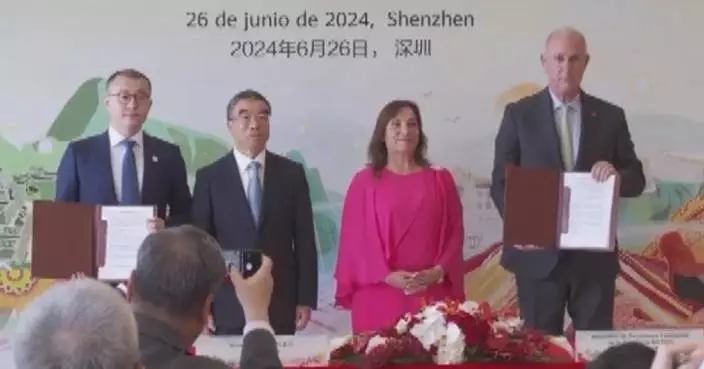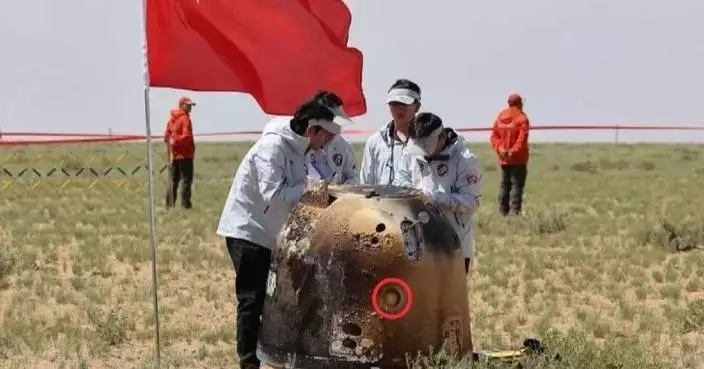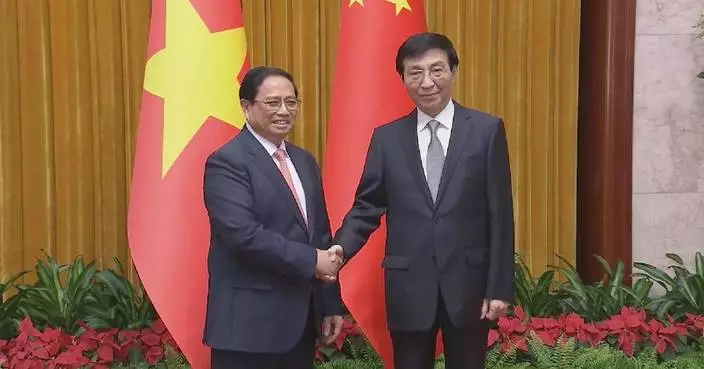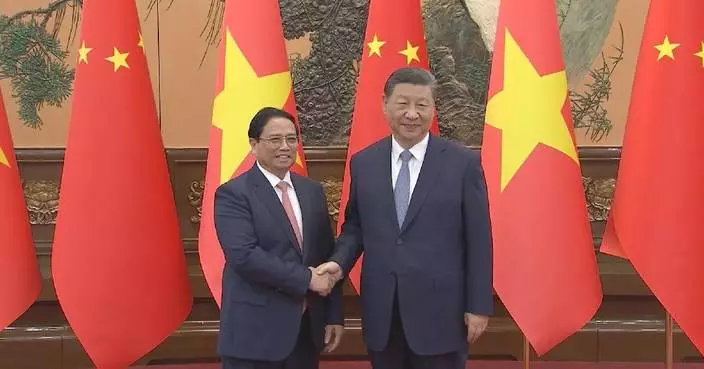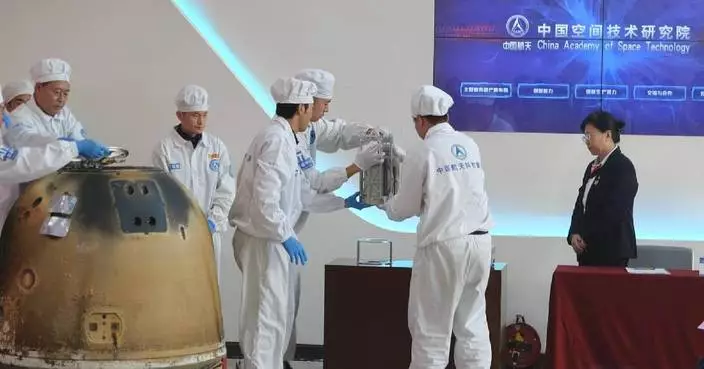The European Union's (EU) tariff increases on electric vehicles (EVs) from China are rooted in purely political factors and will ultimately harm the continent's own auto industry and consumers, European and Chinese experts have said.
The European Commission on June 12 unveiled a preliminary decision to impose provisional tariffs on EVs imported from China after its anti-subsidy investigation. The pre-disclosed duties range from 17.4 percent to 38.1 percent, in addition to the standard 10 percent vehicle duty already in place.
The decision has sparked opposition and concerns from governments and businesses in European countries, including Germany, the EU's auto industry powerhouse.
"I find it entirely logical what is happening because it's based on political factors. It's based on China's global rise. It's based on the U.S.'s relative decline and Germany, Europe's very large decline. I mean there the weights are shifting and in those situations. The powers that have the dominant position tend to resort to protective measures. I think it's completely logical that in this situation of a de-globalizing world economy," said Max Otte, an investor and entrepreneur.
He added that a shift in global politics over the past two decades made this kind of protectionism entirely predictable.
"I've said this in 2006 for the first time, that we're going to see a period of de-globalization based on the broad macroeconomic and political factors. And I said again in 2019, and this is happening. And so these are counteractive measures by the EU to protect its industries, which will not work in the end because the weights have shifted too much," Otte said.
Fang Dongkui, secretary-general of the China Chamber of Commerce to the EU, said the European market will continue to entice Chinese automakers despite the tariff imposition.
"For the European market, it is attractive and will be attractive to the Chinese EV manufacturers. The reason as follows: number one, because of the political concerns to address the climate change goals, because to address such goals, the Chinese EV firms [have] huge potential to provide the public goods to facilitate the green transformation in the European countries," he said.
"Number two is because the European Union is a huge consumer market, so the EV manufacturers can benefit from such a market. And number three is because of the competition. Europeans have a lot of the competitors, so they can compete in such a market in order to make their products better and more qualified for the consumers," Fang continued.
John Gong, professor of the University of International Business and Economics, said the tariff imposition will force consumers to pay for the aftermath and do harm to the auto industry in the EU.
"Let me also point out ultimately, it's the consumers in Europe that are actually paying for this. They are suffering, and also the European climate agenda is being hampered by this tariff. And I think ultimately the entire European auto industry will fall victim to this. It's going to slow their process. They don't get to have this competition to incentivize them to invest more in development of this state of the EVs, and then lagging behind. And protectionist measures will never work to save the industry," said Gong.
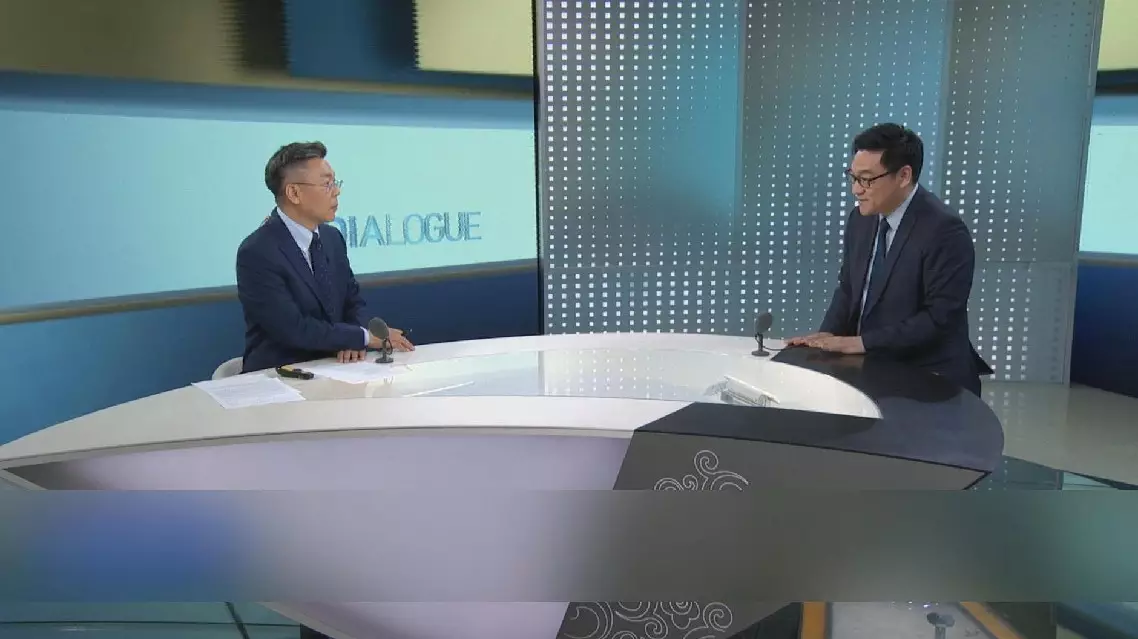
EU tariffs on Chinese EVs based in politics rather than industry, consumer interests: experts


